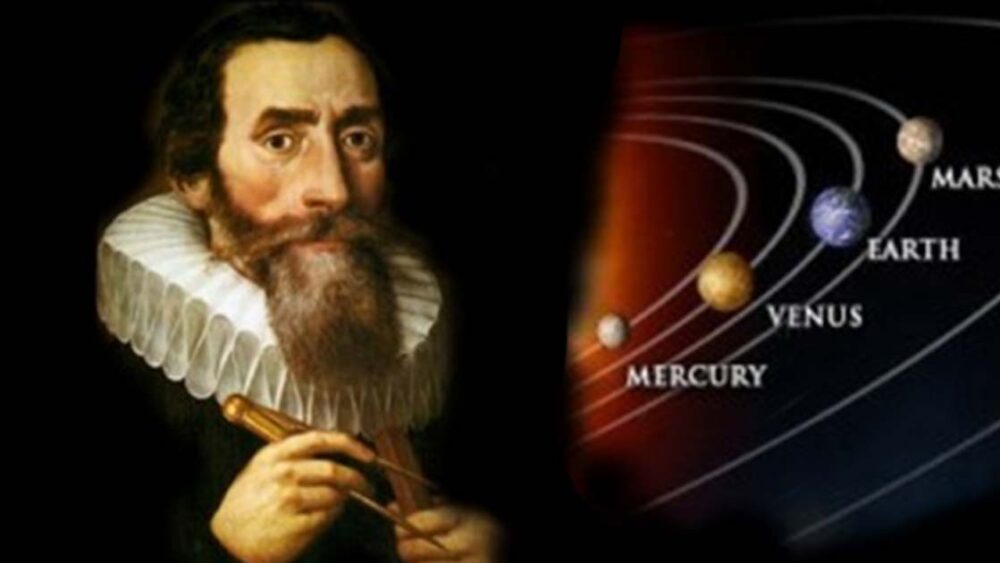The origins of astrology are ancient and it’s difficult to identify a single person as the “father” of astrology. However, there are several historical figures who made significant contributions to the development and popularization of astrology throughout history.
One of the most influential figures in the history of astrology is the Greek philosopher and mathematician, Ptolemy (90-168 CE). Ptolemy is known for his work “Tetrabiblos”, which is considered one of the foundational texts of Western astrology. In this work, Ptolemy presented a detailed system of astrological interpretation based on the positions of the planets at the time of a person’s birth. He also introduced the concept of the “zodiac”, a band of constellations that the Sun, Moon, and planets appear to pass through in the course of a year.
Another important figure in the history of astrology is the Persian astrologer Abu Ma’shar al-Balkhi (787-886 CE). Abu Ma’shar is known for his works on astrology and astronomy, including “The Abbreviation of the Introduction to Astrology”, which provided a comprehensive overview of astrological principles and techniques. He is also credited with developing the system of “Lots” or “Arabic Parts”, which were used to calculate specific points in a horoscope that were believed to hold particular significance.
There were also many other influential figures in the history of astrology, such as the Babylonian astrologer Berossus, the Hellenistic astrologer Vettius Valens, and the Arab astrologer Al-Biruni. Each of these individuals made significant contributions to the development of astrological theory and practice, and their ideas continue to be studied and utilized by astrologers today.

